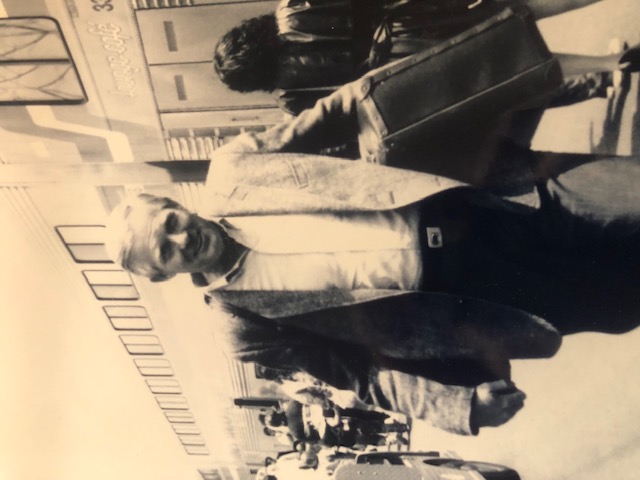
Tossing power out to the mob was not done lightly by America’s founders. All of Europe thought the Americans’ revolution crazy. As one Scottish historian explained: “If you start with bondage, that might lead to the courage of revolution in America and if the revolution is successful that will lead to great abundance. But over time abundance will turn to selfishness and greed, and that will eventually turn to apathy and complacency. Once they become apathetic, dependence will follow and lead them right back to bondage.”
As good fortune would have it, America had better thinkers:
“If the nation expects to be ignorant and free it expects what never was and never will be.” Thomas Jefferson
“Liberty cannot be preserved without a general knowledge among the people, who have a right and a desire to know; but besides this, they have a right, an indisputable, unalienable, indefeasible, divine right to that most dreaded and envied kind of knowledge, I mean the character and conduct of their rulers.” John Adams
“A popular government, without popular information, or the means of acquiring it, is but a prologue to a farce or a tragedy, or perhaps both. Knowledge will forever govern ignorance, and a people who mean to be their own governors must arm themselves with the power which knowledge gives.” James Madison
European pessimism back then, which rings with such worrisome truth today, was not ignored by America’s Founders, particularly the implied selfish factions sure to develop. “Factions” was their term for selfish interests. The fear was that if power was tossed out to the people, the people would simply form “factions” and then do battle over the rewards they could gift themselves.
Having miraculously won power from the greatest power the world had ever known and then tossed that power out to the people was an astonishingly brash and ludicrous thing to do in their time and may well finally prove to have been so in our time.
Our Founders were not gods, not perfect, but they designed a plan to head civilization toward equity, tolerance, and a forced consideration of one another. It was the Grail and I meant to get us back hard on track toward it.
Would you have done it?
Would you do it right now?
Say you were George Washington and could become King, would you decide to throw it away, and instead cast power out to millions of strangers, people you do not know, will never know, in some spectacularly trusting, very peculiar notion that they will be good to you?
It was an unnatural act then and it is so now. For all human history, people—thinking, feeling, laughing, crying, family-raising people just like you and me—lived in bondage, under rules in which they (you) had no say and if you did not obey, you were taxed, maimed, imprisoned or dead.
It was largely a Genghis Khan world, a clever fellow who essentially rode into town one day with his friends and said, “Give me everything you have.” When they refused, he slaughtered every man, woman and child and rode off to the next town. Again, he said, “Give me everything you have.” When they refused, he hacked them to death and rode on. Eventually towns got the message and gave him all they had. It was once in just that method that the world’s greatest empires were created, including the largest, which was Genghis Khan’s. In his homeland they still find in him a source of adulation.
The idea of a self-governing people was not new with America, but it was those Americans that gave it legs to stand on, and then WOW!
List all the human advances you can, for all human time up to 1776. There are some, and arguably the most important — the printing press, which allowed generations to speak to one another across time.
Take another moment and list all the advances since 1776 when the human spirit becomes unbridled.
Greece and the Roman Empire gave wondrous glimpses of the possible. Then came 1776 and human enterprise was unleashed on a global scale. With little thought, your list would be dozens then hundreds, and still most of us would not think of, know of, or understand the breadth and depth that knowledge has brought us. Your list would make those of the prior 40,000 years seem devoid of advance in either human comfort, health, convenience, or nourishment. Almost regardless of your circumstance, if you live in America today you live with benefits and comforts beyond the imaginings of any ruling King or Queen through the millennia. This relationship between freedom and advance is not merrily a coincidence.
Pride in our forebearers should ooze from every American pore. Little wonder why so much of the world has copied our struggle to self-govern, even when with some whose brutish cultural heritage make notions of freedom and human equality repugnant to their tradition.
(New chapters will be added roughly once a week)
Richard Kimball, Vote Smart Founder
Sign up on my Blog at: richardkimball.org
or
Medium.com at: https://medium.com/@daffieduck2016
